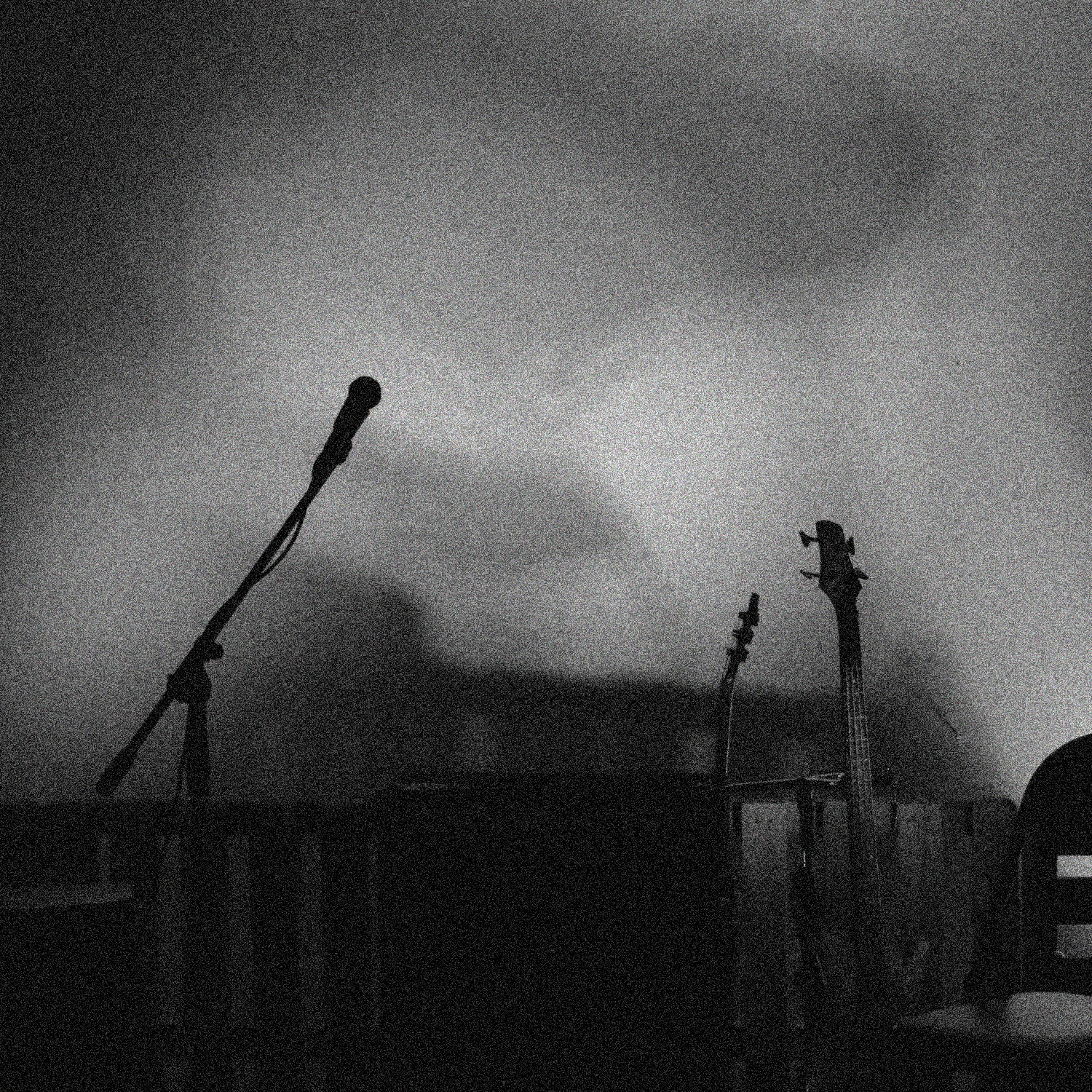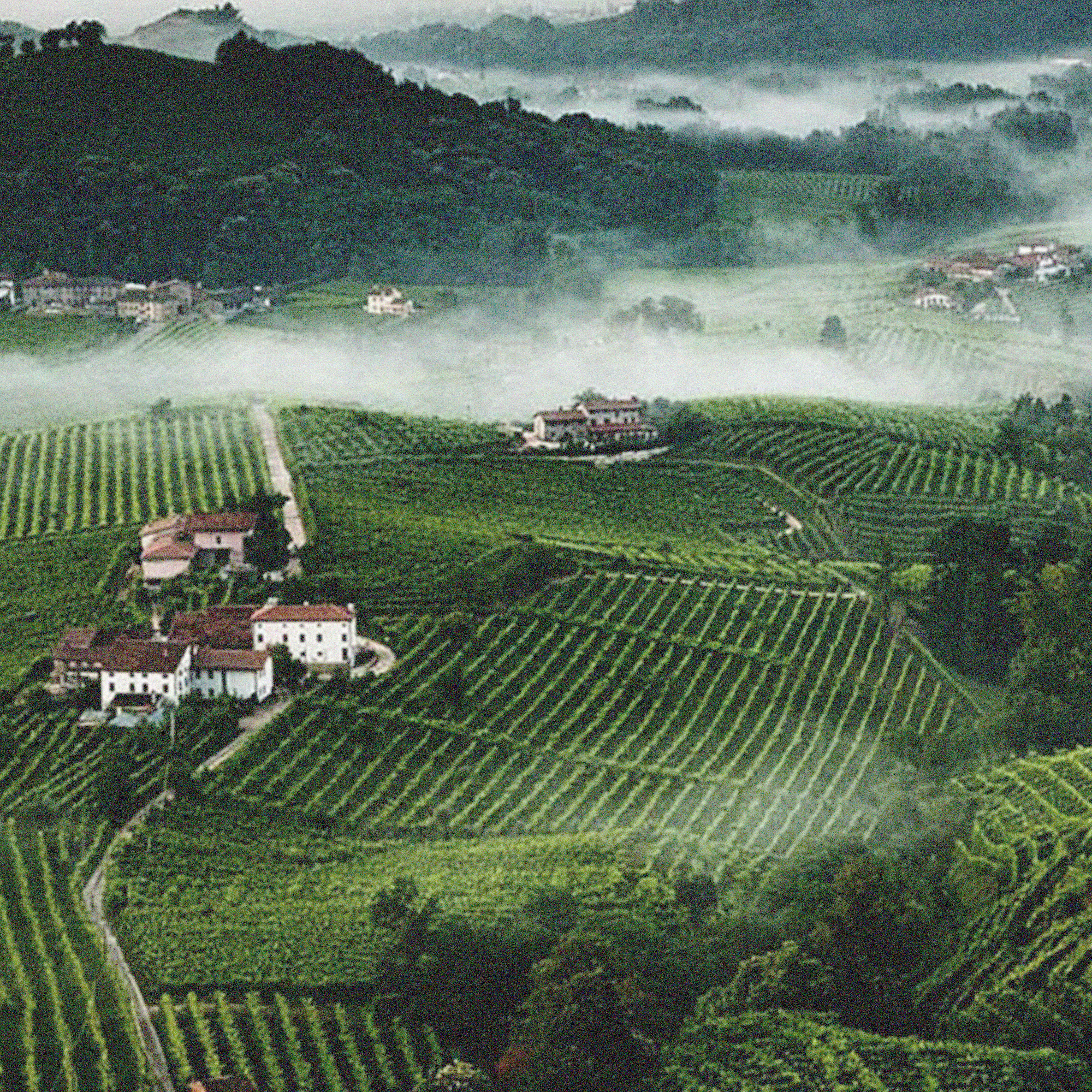
McGowan - A bard of the Emerald Isle
Shane MacGowan, a name synonymous with the raw and impassioned spirit of Irish music, has left an indelible mark on the world. His legacy is a rich tapestry woven from the threads of his tumultuous life, his profound artistry, and his unyielding connection to his Irish roots.
In the pantheon of musical legends, Shane MacGowan stands as a bard of the emerald isle, a troubadour whose songs are etched in the soul of Ireland. His legacy is not just in the notes and lyrics but in the spirit he infused into every verse, a spirit as wild and untamed as the Irish coast.
Born on Christmas Day in 1957 to Irish parents in England, MacGowan’s early years in Tipperary, Ireland, instilled in him a deep affinity for Irish culture and literature. His voracious reading habits included the works of Dostoevsky and Joyce, which later influenced his lyrical prowess. MacGowan’s journey into music was as much a product of his literary inclinations as it was a rebellion against the status quo.
In 1982, MacGowan co-founded The Pogues, infusing the punk rock ethos with traditional Irish melodies. The band’s name, originally “Pogue Mahone” – an anglicization of the Irish “póg mo thóin,” meaning “kiss my arse” – was a defiant nod to their irreverent approach.
MacGowan, with The Pogues, crafted a soundscape that was a raucous and rollicking homage to the Irish folk tradition, yet boldly painted with the brush of punk rock rebellion. They were the musical equivalent of a hearty Irish stew, blending the earthy flavors of traditional instruments with the spicy kick of punk energy. The Pogues’ music was a clarion call that resonated with the Irish diaspora and punk enthusiasts alike, a blend that celebrated Irish history and the experiences of the common folk.
MacGowan’s songwriting was a testament to his genius, a blend of poetic lyricism and gritty realism. Albums like “Rum Sodomy & the Lash” and “If I Should Fall from Grace with God” are considered masterpieces, with songs that narrate the tales of the downtrodden and the displaced. His most famous work, “Fairytale of New York,” co-written with Jem Finer, remains a timeless Christmas classic, echoing the bittersweet symphony of life’s highs and lows.
His legacy is like an ancient, gnarled oak in the heart of a verdant forest, standing defiant against the winds of time. The roots of his music delve deep into the soil of Irish history, drawing nourishment from the stories of its people, their triumphs and tragedies. His songs are the leaves that dance in the wind, whispering tales of love, loss, and the indomitable Irish spirit.
MacGowan’s life was not without its shadows. His battles with addiction and his stints in psychiatric care painted a picture of a man wrestling with inner demons. Despite this, or perhaps because of it, his music conveyed a raw honesty that spoke to the resilience of the human spirit.
MacGowan’s influence extends beyond his musical contributions. His enduring legacy is a reflection of his ability to capture the essence of the Irish experience, to articulate the pain and beauty of existence, and to embody the complexities of faith and identity. His death on November 30, 2023, at the age of 65, marked the end of an era but also the beginning of a timeless legacy.
McGowan is a beacon for those who navigate the stormy seas of life, a lighthouse guiding the wayward back to the warmth of hearth and home. His legacy burns bright in the hearts of those who hear a Pogues song and find themselves transported to a world where the poetry of the past meets the raw energy of the present.
Shane MacGowan’s life, much like the river Shannon, runs deep in the heart of Irish culture. His music, a beacon of hope and strength, continues to inspire and speak to future generations. In the words of Oscar Wilde, “every saint has a past and every sinner has a future.” MacGowan, with his saintly gift for words and his sinner’s penchant for excess, was a living embodiment of this adage, a man whose legacy will forever be etched in the annals of music and Irish culture.
So let us raise a glass to Shane MacGowan, the poet laureate of the pub, the rebel with a cause, whose music will forever echo in the pubs and parlors, in the hearts and souls, of those who cherish the wild, wistful, and wonderful legacy of Irish music.



